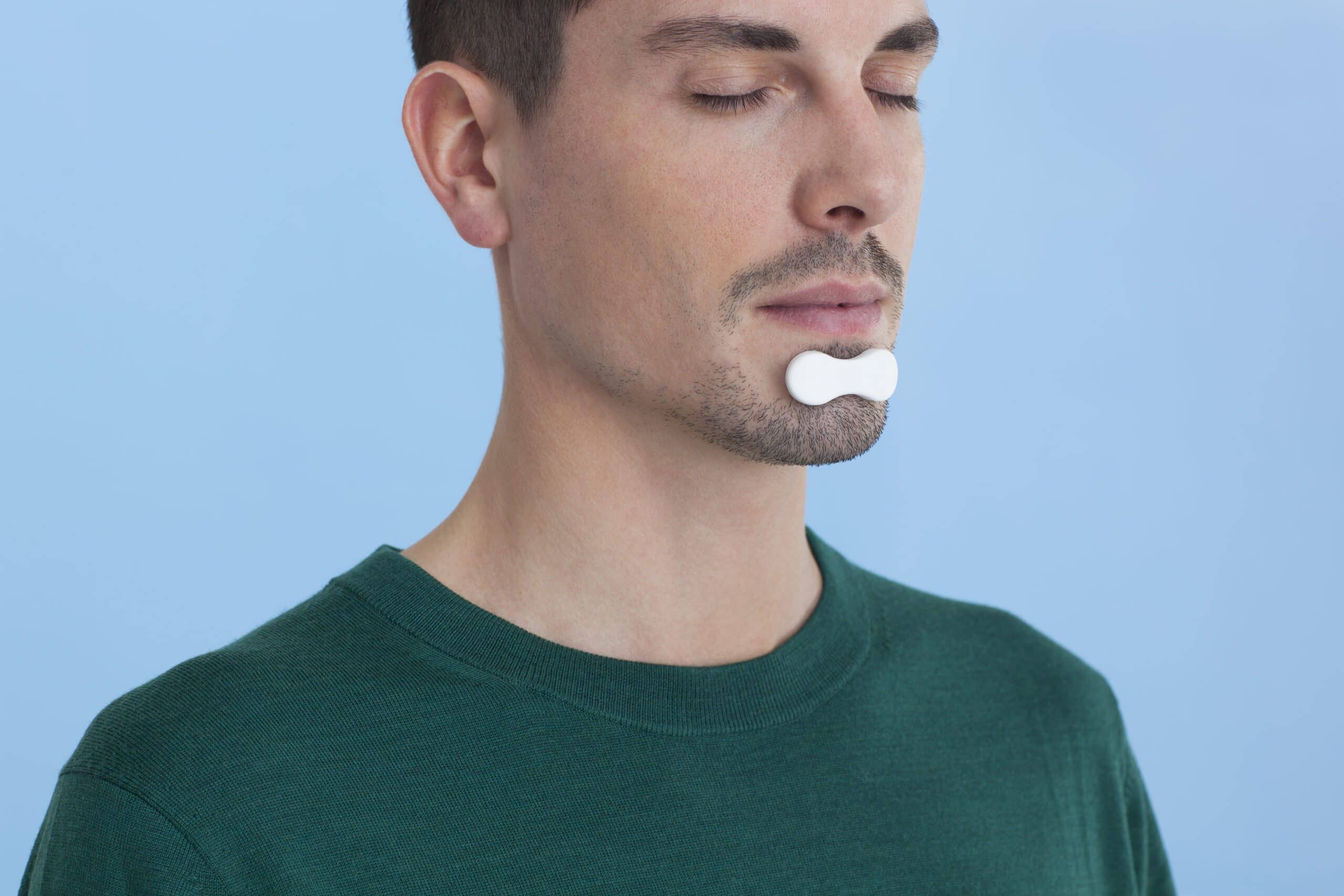The newly opened Restonic Ezintsha Sleep Clinic, a first-of-its-kind facility in South Africa, aims to pioneer South African sleep research and treat sleep disorders.
The sleep clinic combines the research capabilities of Wits University’s Ezintsha with the bedding brand Restonic’s mission to enable well-being and success through the power of sleep.
As a center for sleep analysis, the Restonic Ezintsha Sleep Clinic will service patients with sleep problems, advance local sleep research and the interplay of sleep with other health conditions, and train other doctors to diagnose and treat sleep disorders.
Alison Bentley, PhD, a sleep disorder specialist in practice for over 30 years, ran the first diagnostic sleep laboratory in South Africa from 1990 to 1998. Bentley now serves as a medical doctor at the Restonic Ezintsha Sleep Clinic, which launched in September.
“Sleep touches every area of medicine and remains under-researched in South Africa. There is no other academic facility that is research-focused, that is clinical-focused, that is aimed at finding out how sleep works in South Africans,” says Bentley in a release.
The Restonic Ezintsha Sleep Clinic will fulfill three key functions: clinical, research, and training.
Clinical Offering
The clinic offers four overnight sleep rooms for patients with sleep problems who have been referred by their doctor for sleep analysis, including a dedicated bedroom for sleep studies focusing on children.
Patients are also able to book a consultation to discuss their sleep issues with a doctor who understands and has training in the sleep field.
“In the future, the Restonic Ezintsha Sleep Clinic hopes to offer lectures and group treatment options for the public on topics ranging from snoring to sleep apnoea and insomnia,” says Bentley in the release.
Understanding Sleep in South Africans
Bentley says the development of sleep studies is important in Africa for three reasons.
“Firstly, we do need a Center of Excellence that’s looking at the academic interest—the real detail—behind sleep. Secondly, it’s really important to understand that as South Africans we are different from everybody else. We just are. There’s very little research done on [non-communicable diseases] and how they link to sleep so there’s really a big gap in the information about what happens to South Africans when they have sleep disorders.
“[Thirdly], we need to get creative about how we are going to treat patients in the public sector because it is extremely frustrating to be able to diagnose a sleep disorder and not treat it. So we do need to come up with solutions to both diagnose and treat those patients, and part of that is training doctors,” she says in the release.
Research Capabilities
Nomathemba Chandiwana, PhD, is a director and principal scientist at Ezintsha. She says in a release, “Ezintsha is known for being an infectious diseases site. HIV is mostly what we’ve been doing for 10, 20-plus years. However, in one of our flagship trials a couple of years ago, called ADVANCE, we found that people were gaining weight, and this got us into non-communicable diseases. And actually, that’s what’s killing most South Africans.”
She adds in the release, “We believe we have an opportunity to explore how sleep potentially affects other major healthcare concerns in the country, such as HIV, obesity, cardiovascular disease, and diabetes.”
The sleep clinic is poised to undertake large-scale research projects to gather more and better data, she says, as there is currently very little known about how sleep impacts other medical disorders in the South African population.
“We do not have an academic sleep lab on the continent, and that’s not acceptable. As Africans, with all the issues that we have, we also need our own solutions,” she says in the release. “From a research perspective, if you are changing policy, you need evidence, and evidence that is locally relevant. Other trials have been done in North America, but when they come to Africa, we’ve seen totally different things because we’re a different population. We’re younger. We’re seeing our people are having diabetes much younger.”
The clinic will also enable research and explore alternatives to the use of the current, expensive treatments for sleep disorders, such as the CPAP machine for obstructive sleep apnea. Bentley says in the release, “The nasal CPAP machine—you’ll see there’s one in every bedroom [of the sleep clinic] —but that’s a cost…Sure, they go for 10 to 15 years, but we can’t see the Department of Health paying for that for 23% of the adult population.”
Training for Medical Professionals
The Restonic Ezintsha Sleep Clinic is also an environment to train doctors in the broad field of sleep medicine. “Given the prevalence of sleep disorders and their effects on other medical disorders, it is essential that most doctors are exposed and trained on these problems,” says Bentley in the release.
Doctors residing in Johannesburg are able to attend in-person case presentations, while those further afield can attend remote video call discussions or arrange to visit for a week or more.
Bentley says in the release, “From a training point of view, we’d love to have doctors come in here, work with us. We’d love doctors who are interested in sleep medicine to come and have a consulting room, see patients with insomnia for a morning. Let’s educate doctors. Let’s get doctors knowing about sleep.”
Chandiwanda concurs. She adds in the release, “Once we have locally relevant data, you can do so many things. You can write guidelines that work for us. We’re able to train doctors for an environment that works for us because, right now, all the training we’re doing we’re doing based on North American standards. We don’t know if that actually works for our populations here.”
Photo 163559555 © Fizkes | Dreamstime.com









































